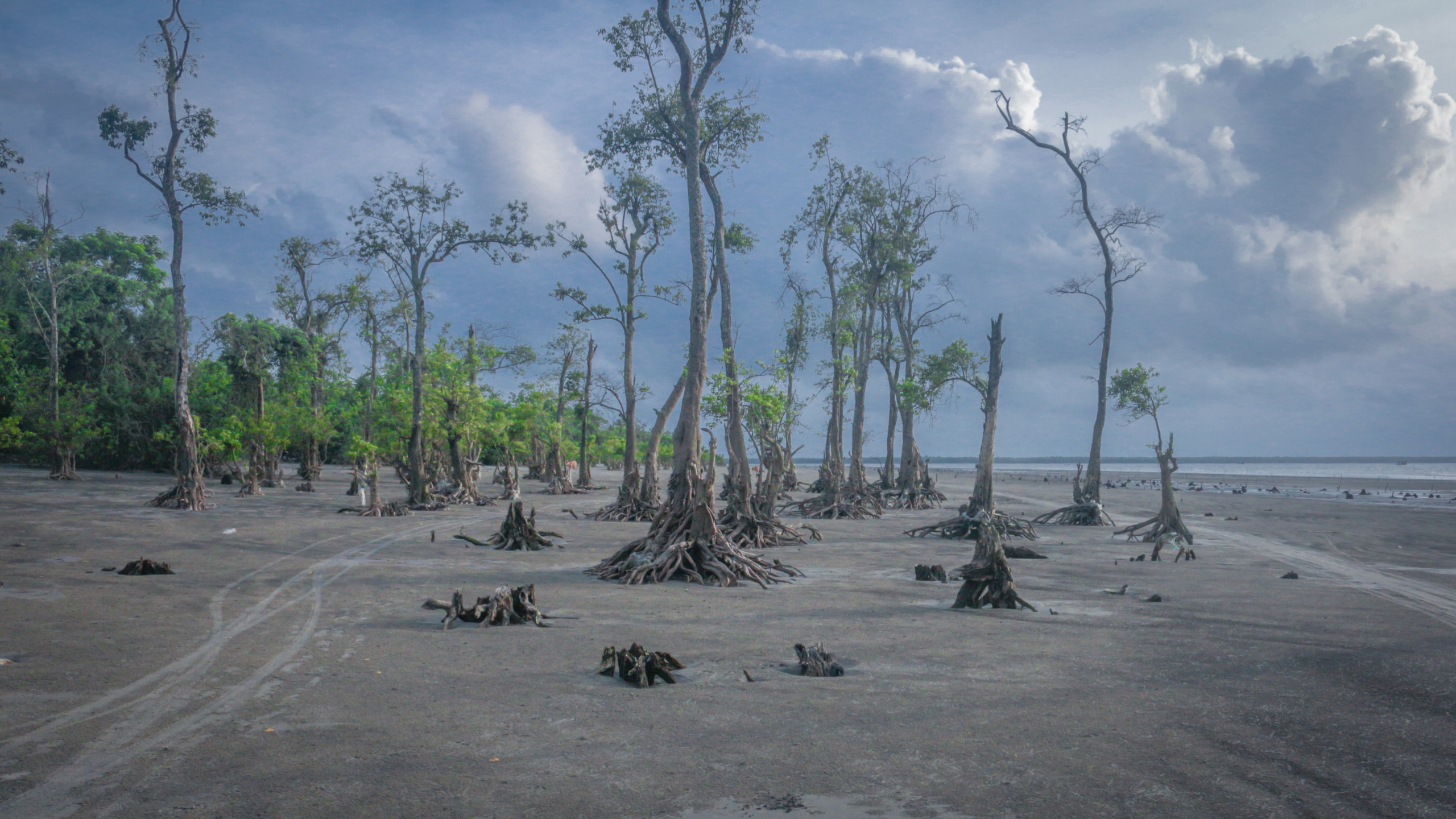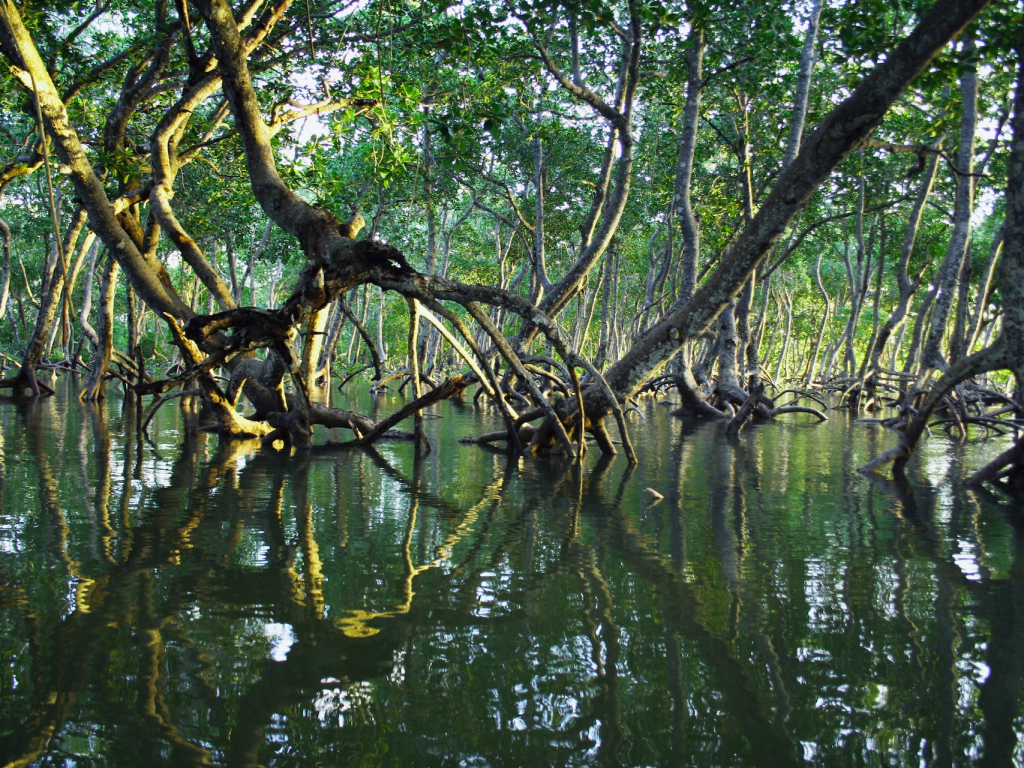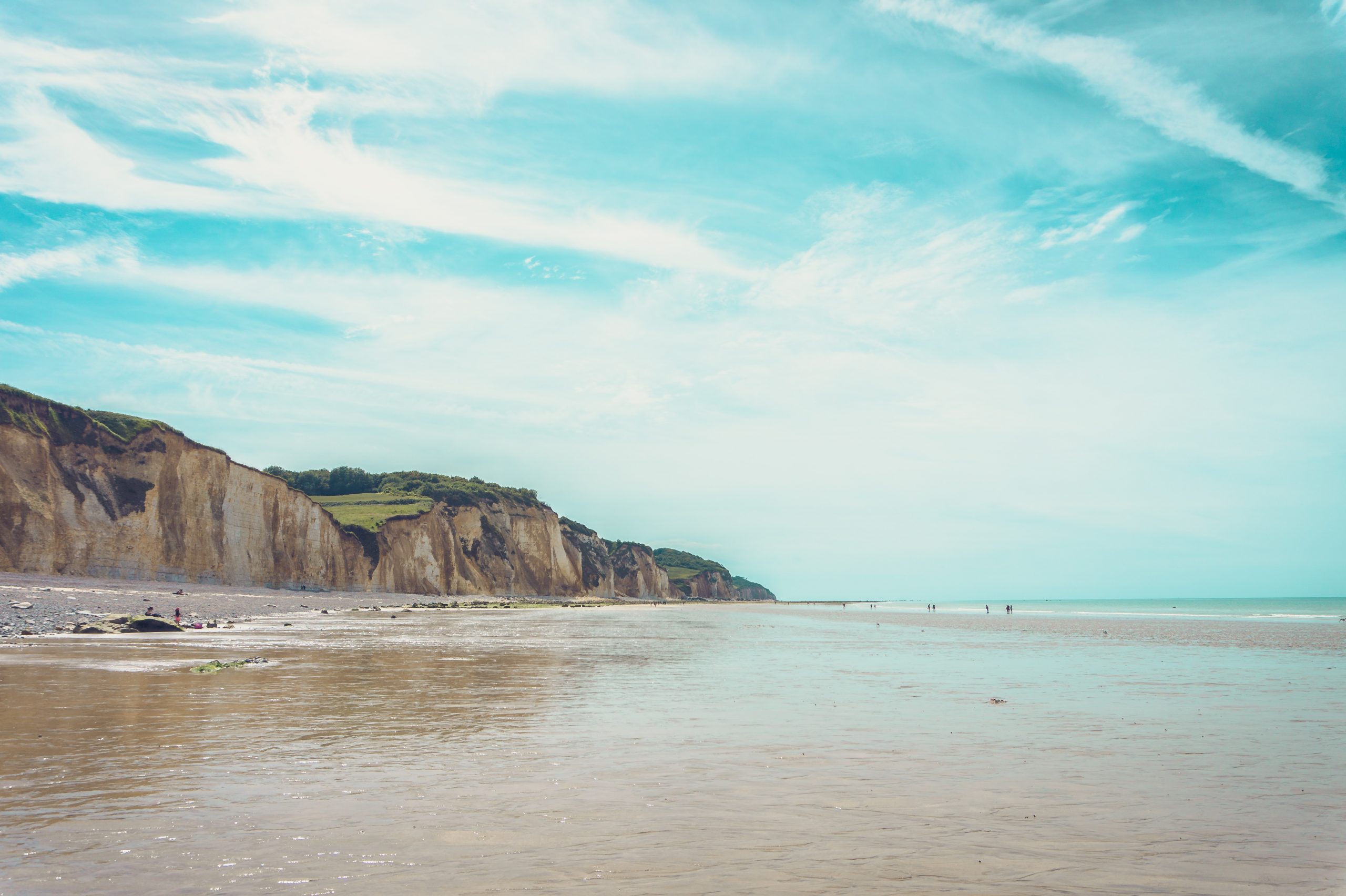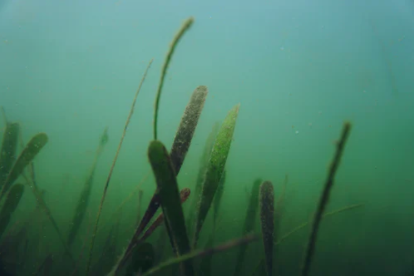Coastal mangrove restoration using a community ecosystem-based adaptation approach

The Community Based Adaptation to Climate Change through Coastal Afforestation (CBACC-CF) program is the first Bangladesh National Adaptation Programme of Action (NAPA) project under the GEF-UNDP portfolio, implemented by the Government of Bangladesh in four coastal districts. Bangladesh is surrounded by vulnerable coastal areas where the intensity of weather events exacerbated by climate change is very high, and where such events often strip people of their livelihoods.
The project has established 9,650 hectares of mangrove plantation that absorbs more than 965,000 tonnes of carbon annually. The CBACC-CF project is the first project in Bangladesh where landless people and marginalized groups of society are able to access government lands through a benefit sharing model.
The initiative primarily consists of reforesting the coastline with various species of mangroves, interspersed with timber and fruit trees, following the ‘Forest, Fish, Fruit’ (FFF) model, which also integrates fish nursery ponds between the trees in the area. This was done with the involvement and employment of community members in the nursery bed preparation, seedling raising, planting and maintenance. 6,372 hectares of new mangrove plantations made up of 10 key mangrove species were established to reduce the impact of cyclones, flooding, coastal erosion, saline intrusion and sea-level rise, while the project also supported innovative land management and livelihood diversification strategies for local stakeholders. Furthermore, mound and dyke plantations were also reclaimed for innovative use of unused coastal lands to accommodate non-mangrove species in salinity-dominated coastal belts by involving local communities.
Read more about the restoration in the full case study in our global online platform.




